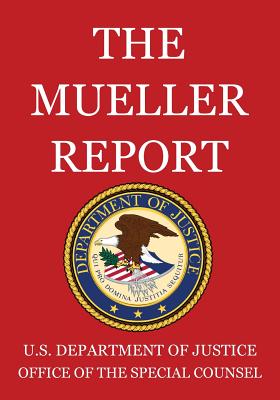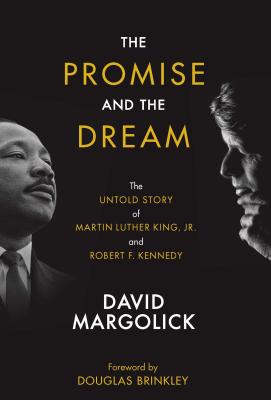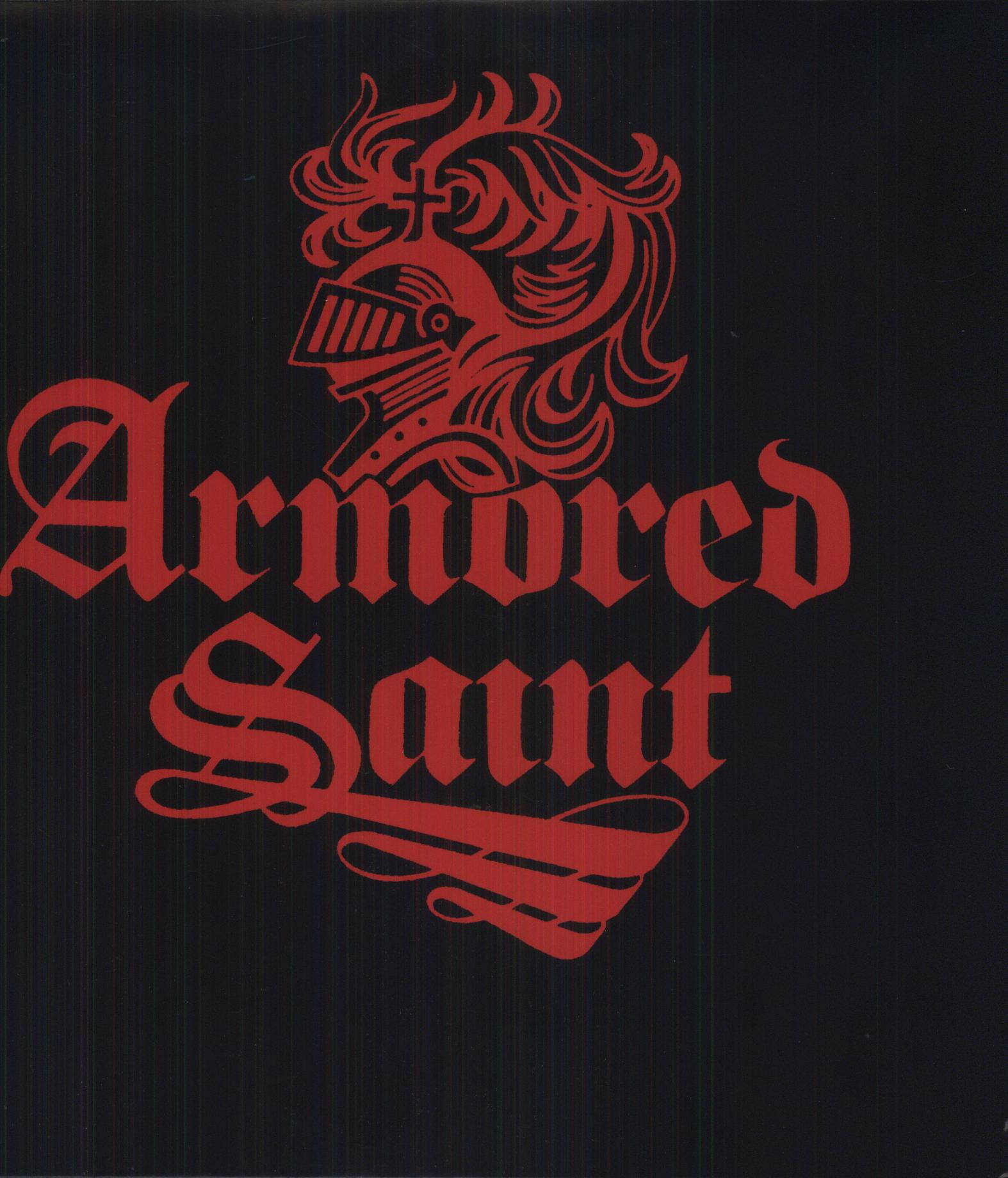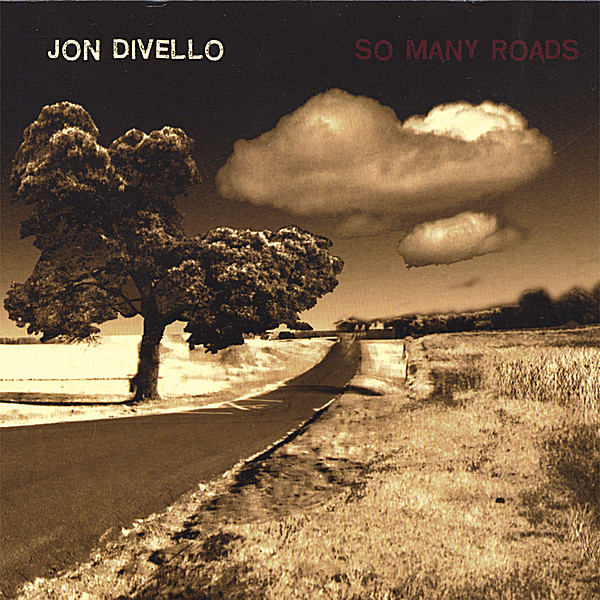
The Special Counsel investigation of 2017 to 2019, also referred to as the Mueller probe, Mueller investigation and Russia investigation, was a United States counterintelligence investigation of the Russian government's efforts to interfere in the 2016 presidential election. According to its authorizing document, which was signed by Deputy Attorney General Rod Rosenstein on May 17, 2017, the investigation's scope included allegations that there were links or coordination between Donald Trump's presidential campaign and the Russian government as well as "any matters that arose or may arise directly from the investigation." It included a criminal investigation which looked into potential obstruction of justice charges against Trump and others within the campaign and administration. Conducted by the Department of Justice Special Counsel's Office headed by Robert Mueller, a Republican and former Director of the Federal Bureau of Investigation (FBI), the Special Counsel investigation began eight days after President Trump dismissed FBI director James Comey, who had been leading existing FBI investigations since July 2016 into links between Trump associates and Russian officials. Following Comey's firing, over 130 Democratic Party lawmakers in Congress called for the appointment of a special counsel, while the FBI began investigating Trump for obstruction of justice. The special counsel's office took over both these investigations from the FBI.
On March 24, 2019, Attorney General Barr sent a four-page letter to Congress regarding the special counsel's findings regarding Russian interference and obstruction of justice. Barr said that on the question of Russian interference in the election, Mueller detailed two ways in which Russia attempted to influence the election, firstly disinformation and social media campaigns by the Internet Research Agency to cause social discord, and secondly computer hacking and strategic release of emails from the Hillary Clinton presidential campaign and Democratic Party organizations. However, Barr quoted the report as saying: " T]he investigation did not establish that members of the Trump Campaign conspired or coordinated with the Russian government in its election interference activities." On the question of obstruction of justice, Barr said no conclusion was reached by the special counsel, noting that Mueller wrote "while this report does not conclude that the President committed a crime, it also does not exonerate him". Barr and Rosenstein concluded by March 24, 2019, that obstruction could not be proven in a court of law.







